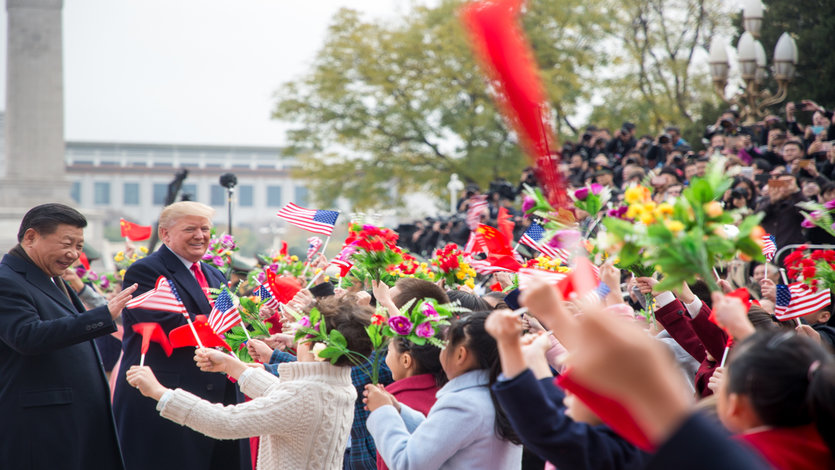

Share
With the Trump administration’s trade war with China showing no signs of letting up, new analysis by the Economic Policy Institute says Minnesota workers have lost 88,000 jobs since China entered the World Trade Organization in 2001.
The report says the U.S. as a whole lost 3.4 million jobs in that time. Lead author and EPI senior economist Robert Scott says the single biggest cause of growing trade deficits and job losses has been China’s currency manipulation, which he explains has inflated the value of the U.S. dollar by 30 percent or more.
“This acts like a subsidy of 30 percent on everything that China exports to the United States, and a tax on everything that we would export to China, or anywhere else in world where we compete with China,” says Scott. “And they are our biggest competitor today.”
Scott notes Minnesota’s computer and electronic manufacturing sector was especially vulnerable to competition from low-wage operations in China. Proponents of globalization and bringing China into international trade agreements have argued that removing labor and environmental restrictions would mean greater efficiencies, more productivity and cheaper consumer goods.
Scott says growing trade deficits have not only led to the loss of manufacturing jobs with good wages and benefits – he says competition with low-wage workers in countries like China has created a ripple effect across the economy. And it has disproportionately affected some 100 million U.S. workers without a college education.
“What globalization has done is reduce the wages of people at the bottom two-thirds or more of the labor force, and really shoveled money in a very big way into the pockets of people at the very top of the income distribution, people in the top 10 percent,” says Scott.
Scott says President Donald Trump deserves credit for putting the trade deficit with China front and center, but he warns the administration’s current policies are likely to make the situation worse.
Scott points to a strategy spearheaded by President Ronald Reagan in 1985 as a possible solution. Reagan was able to negotiate a deal with all major international trade partners with under-valued currencies – and after five years, trade deficits went away.

